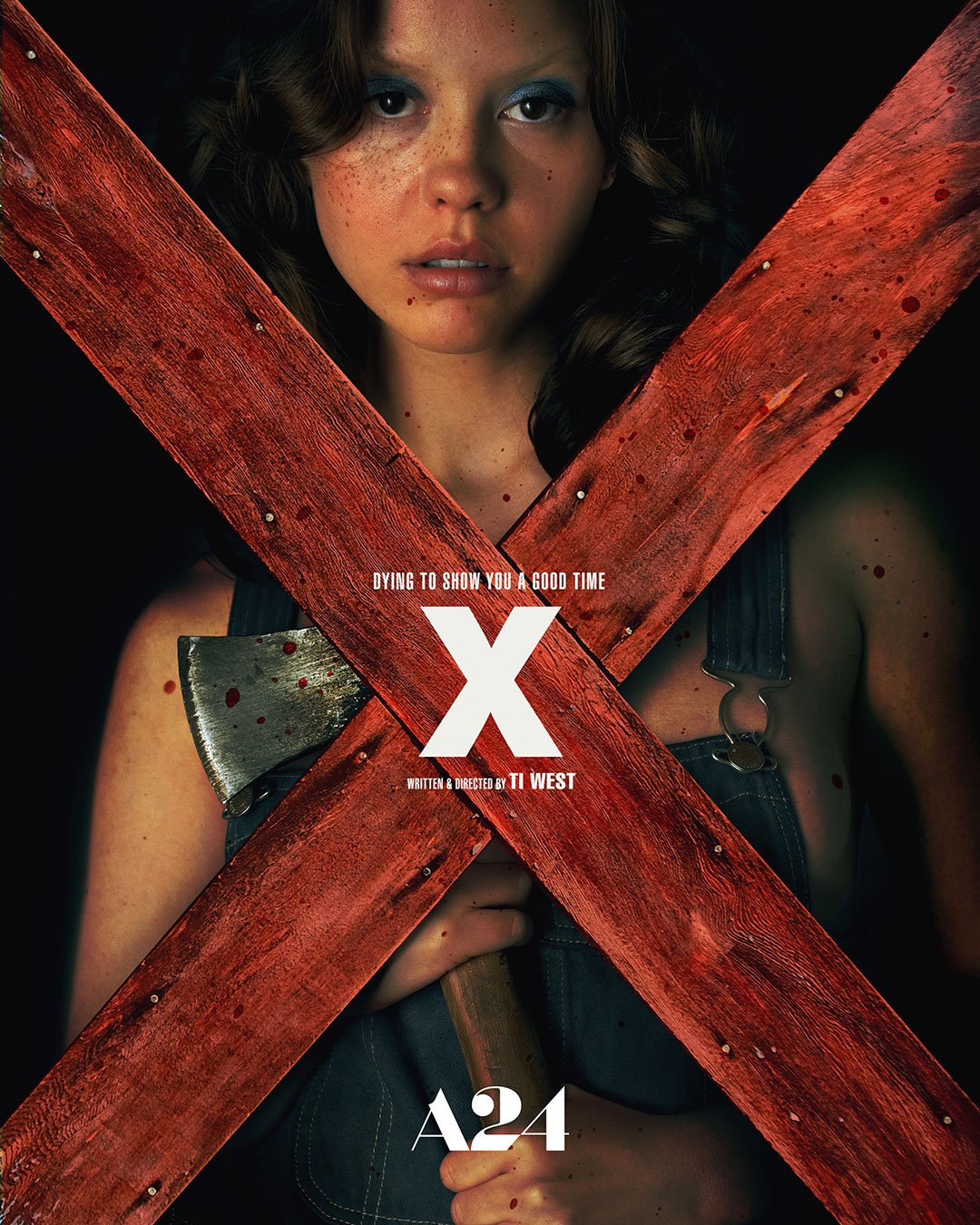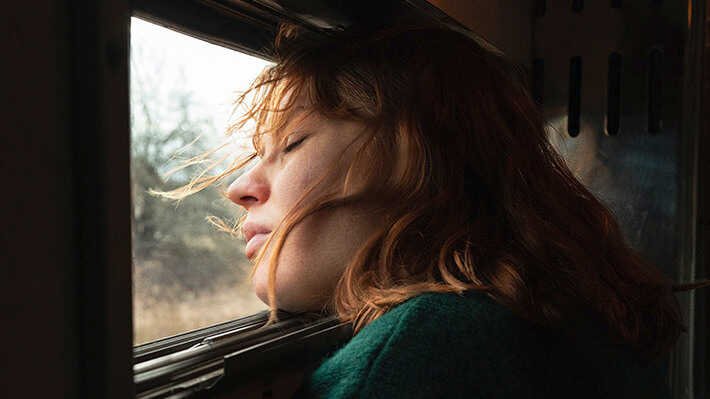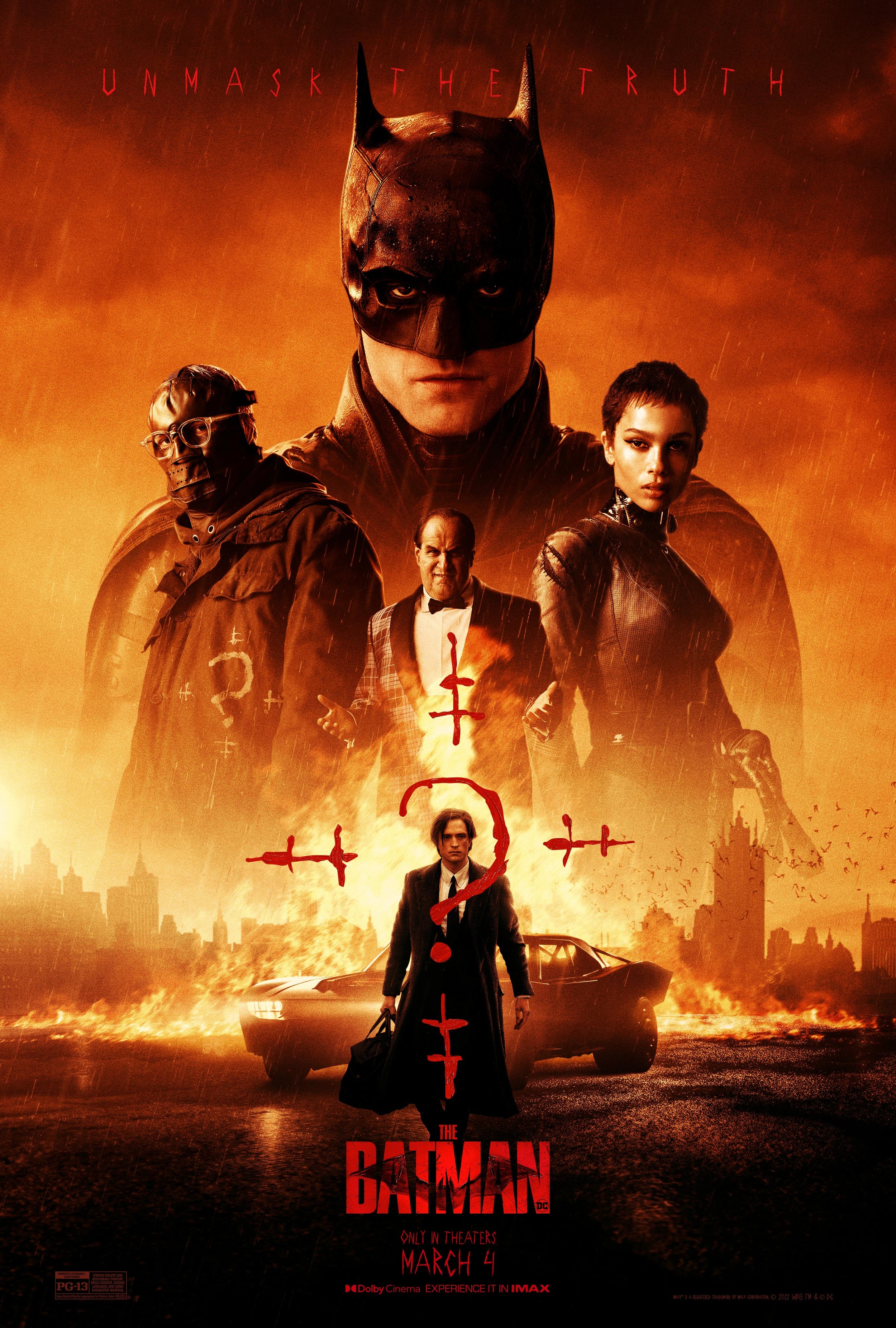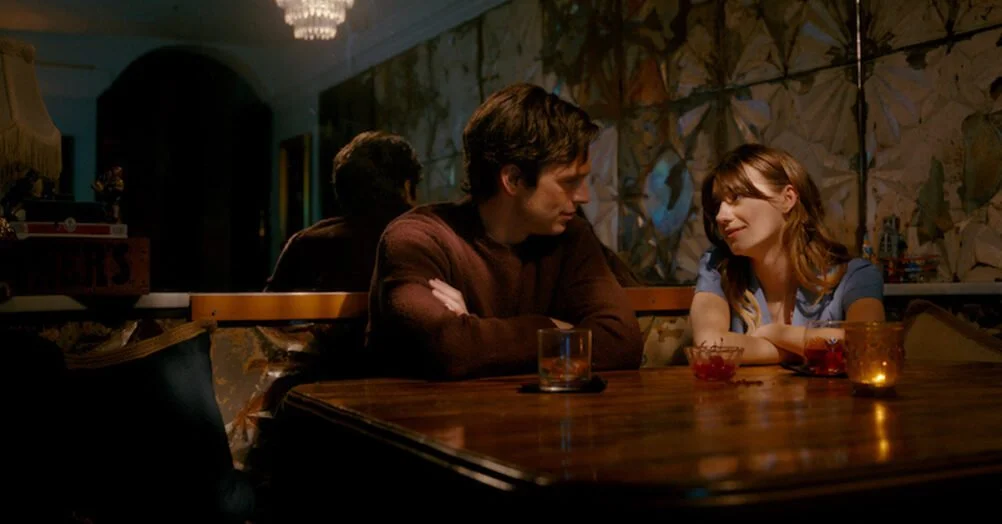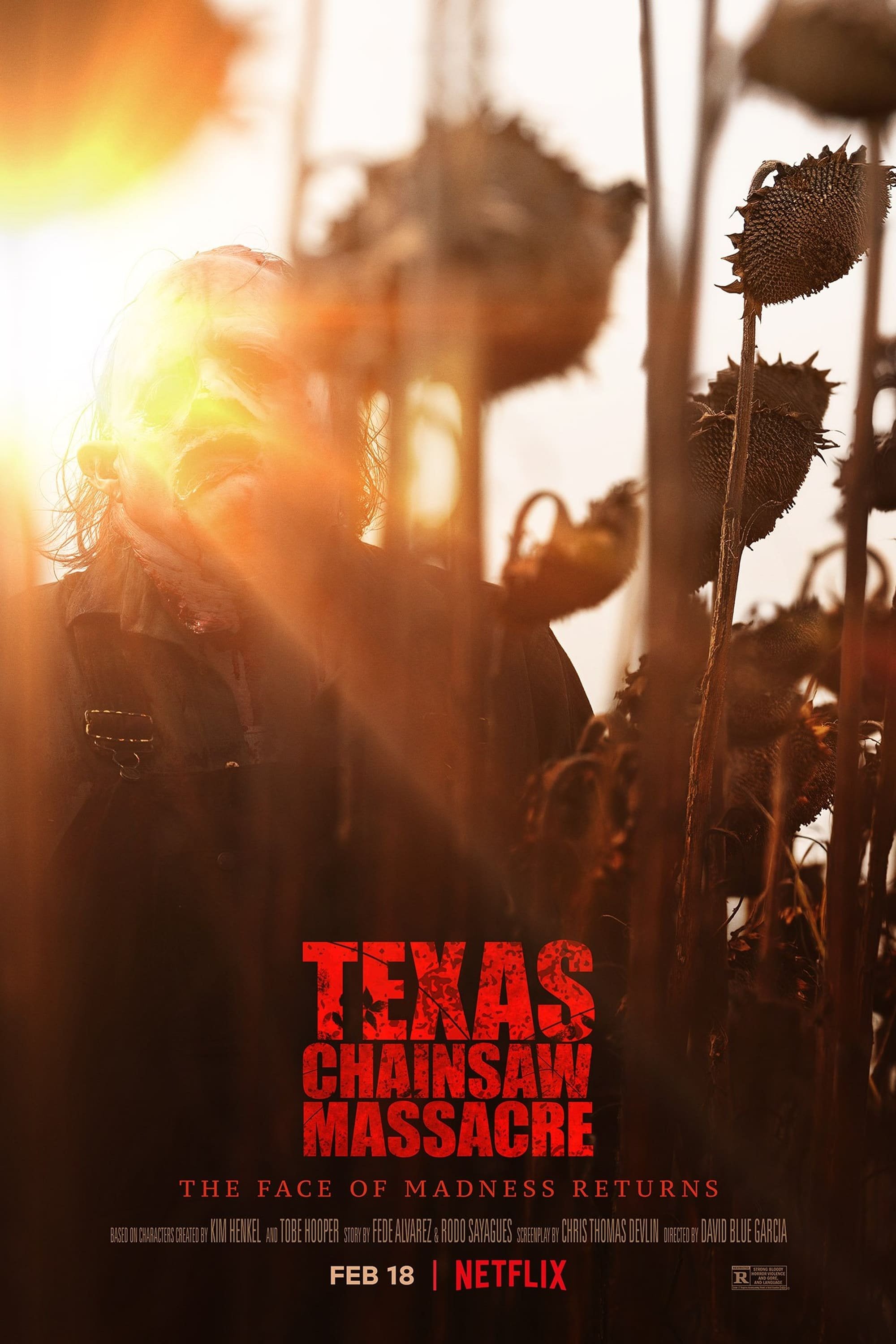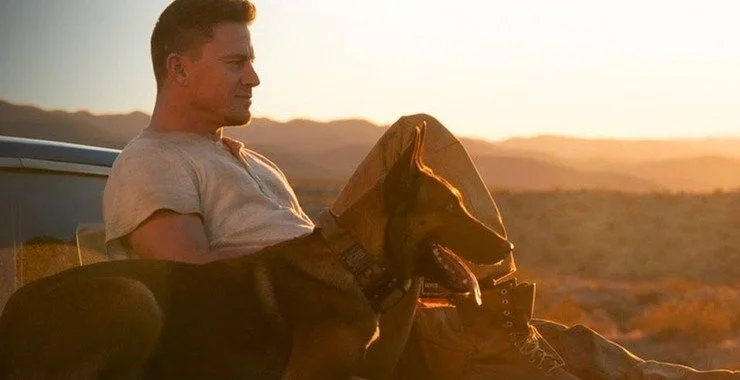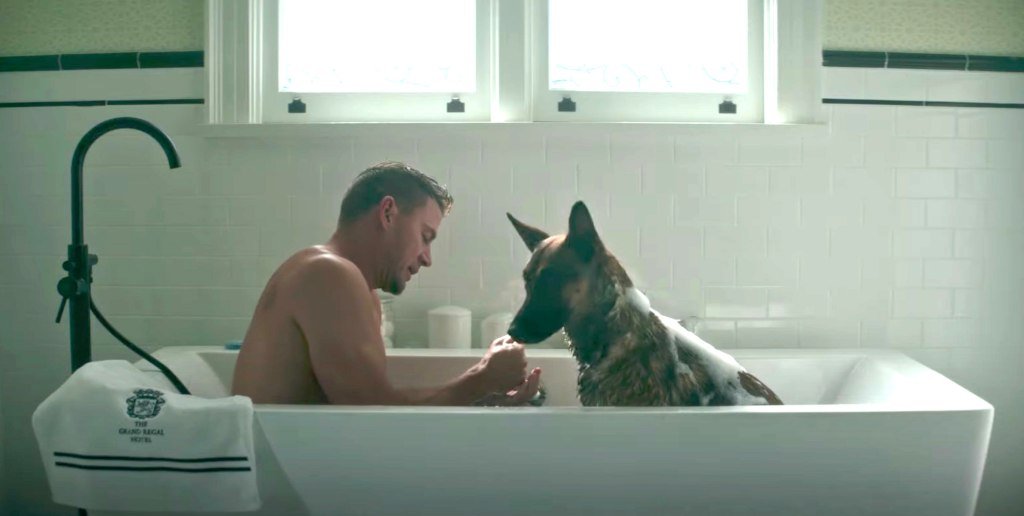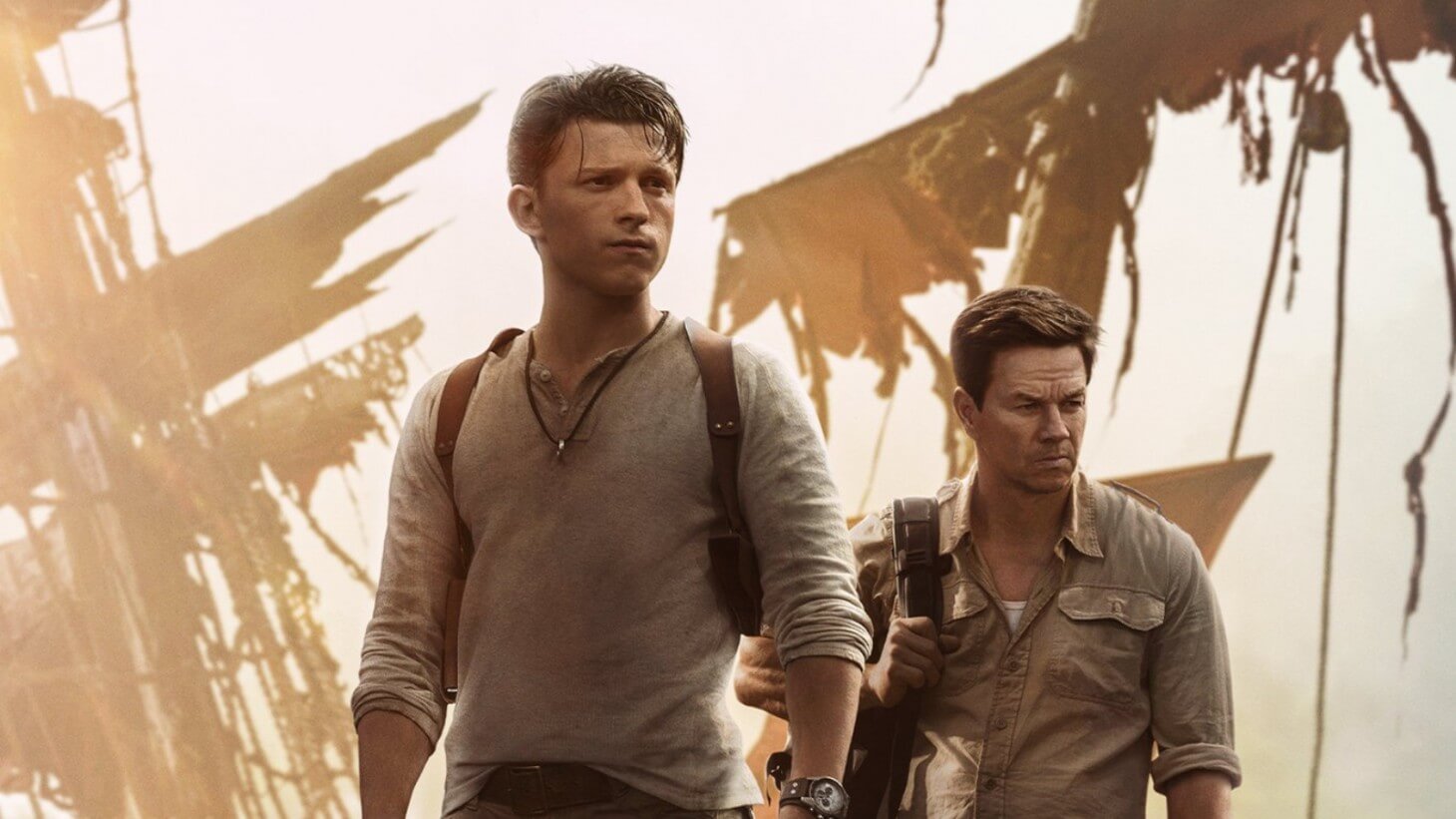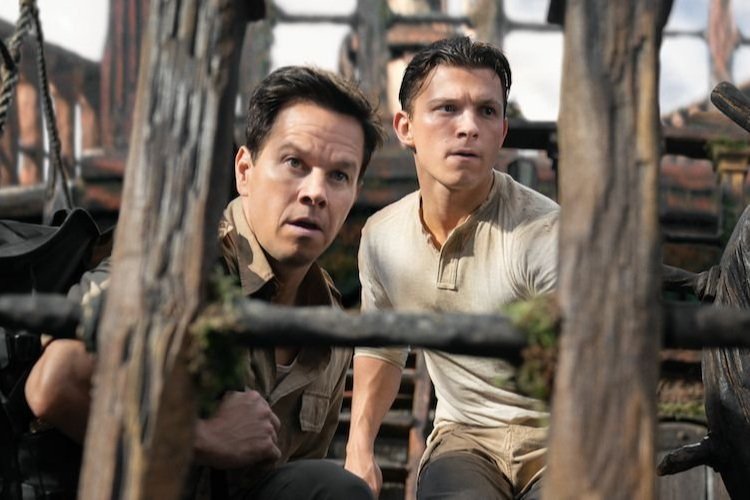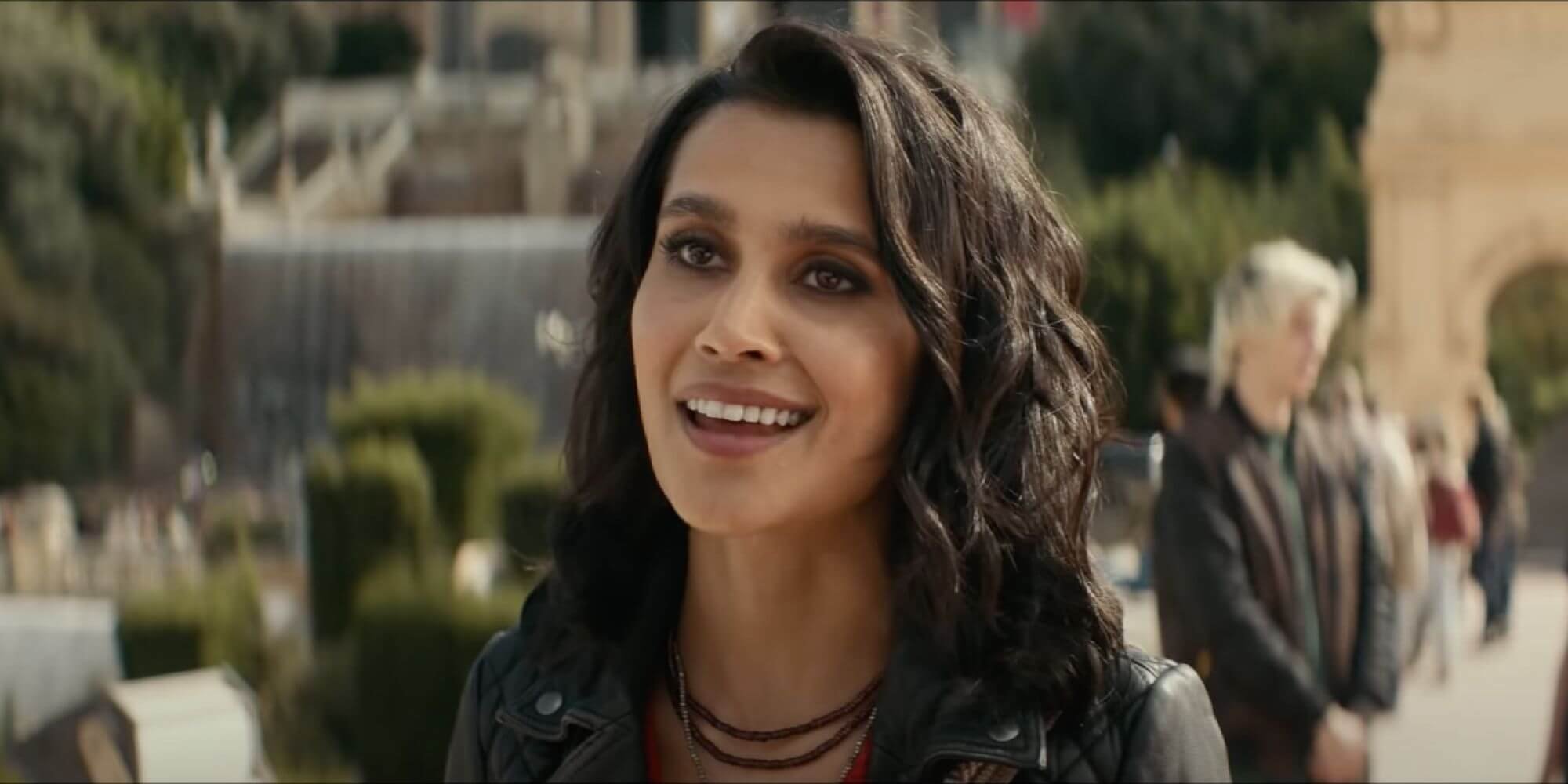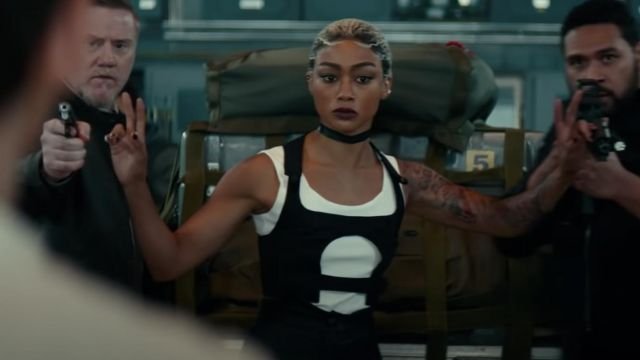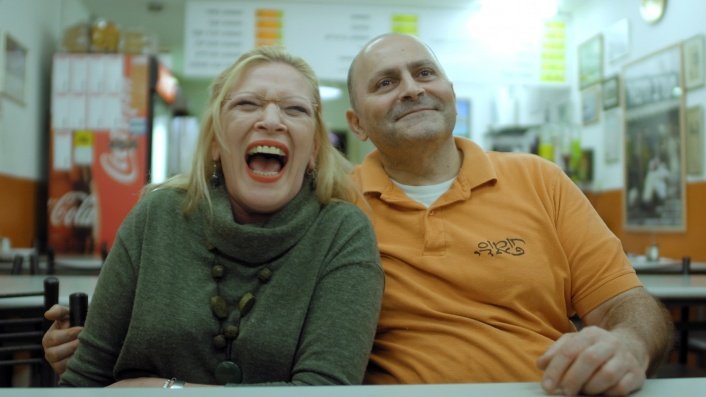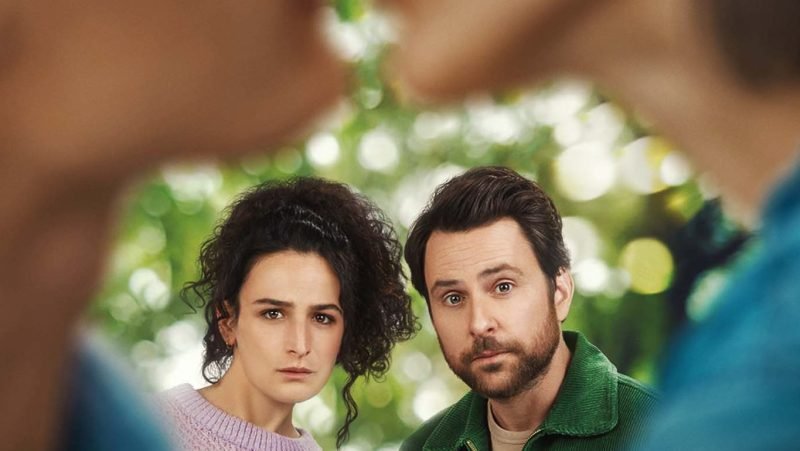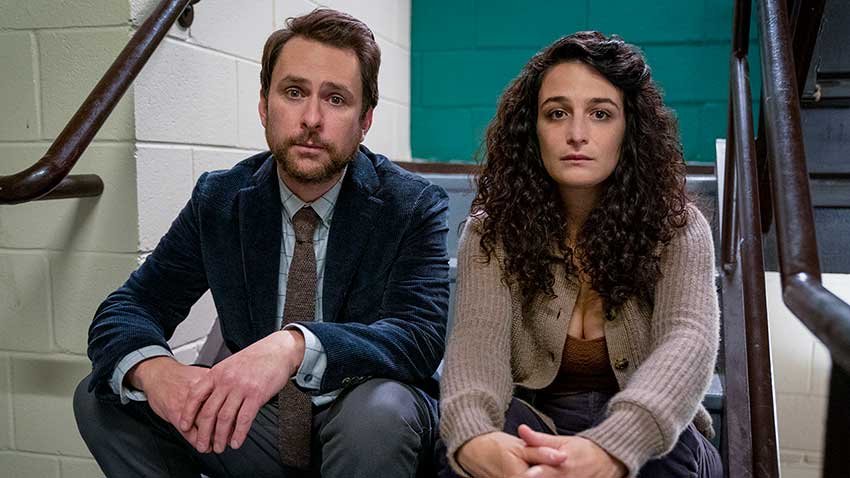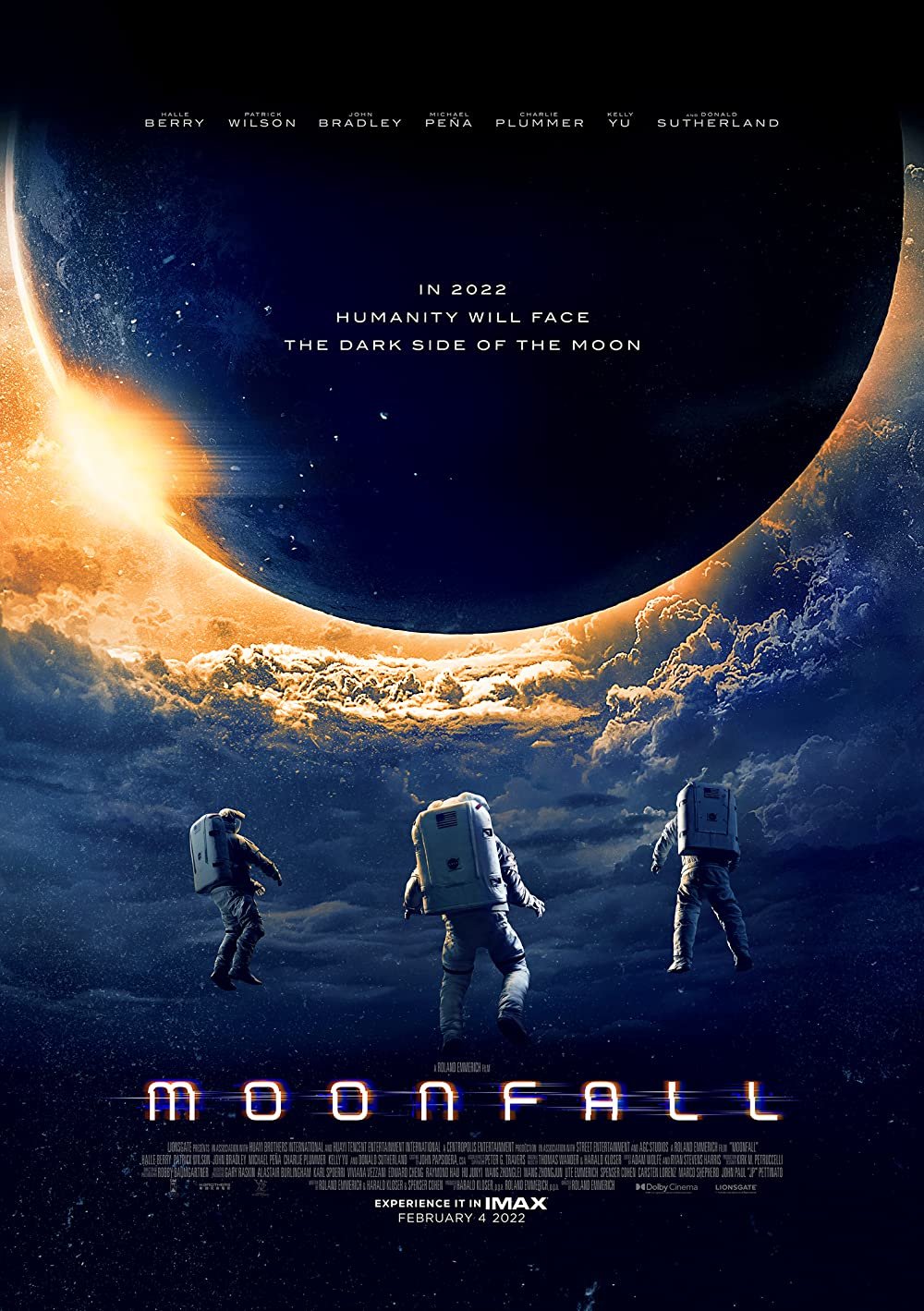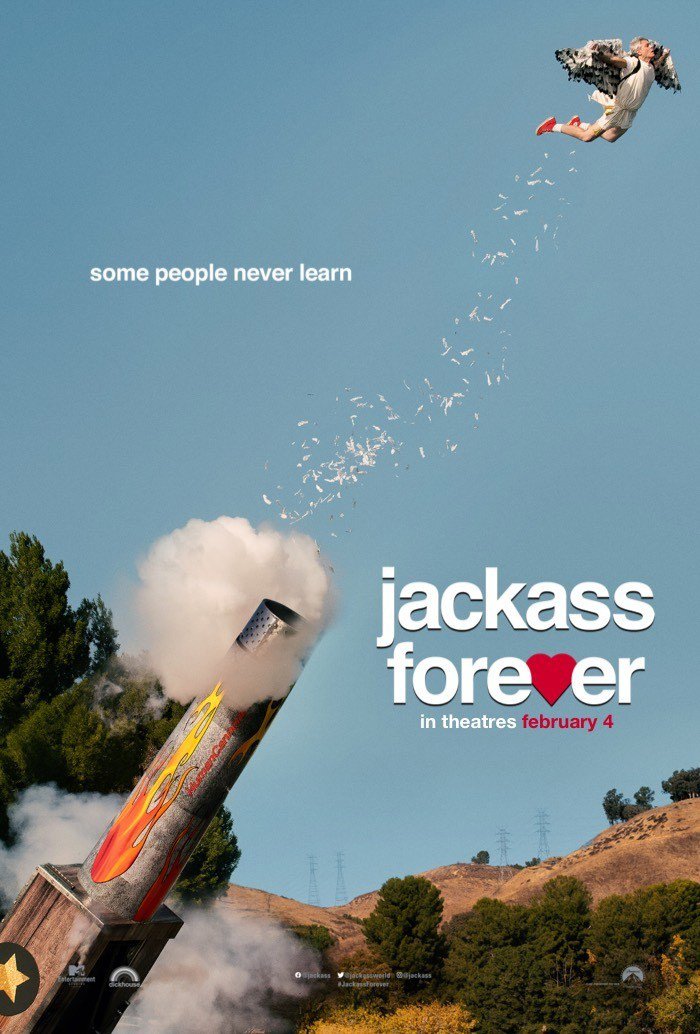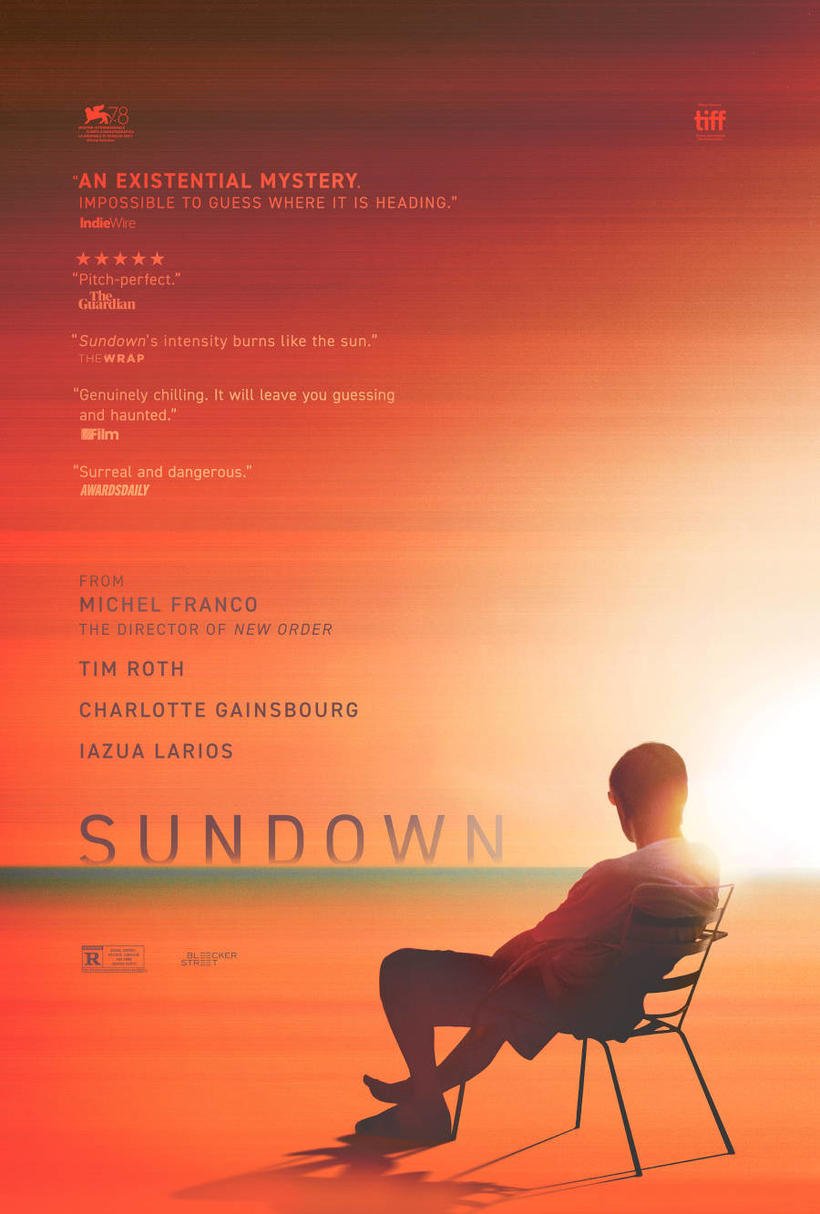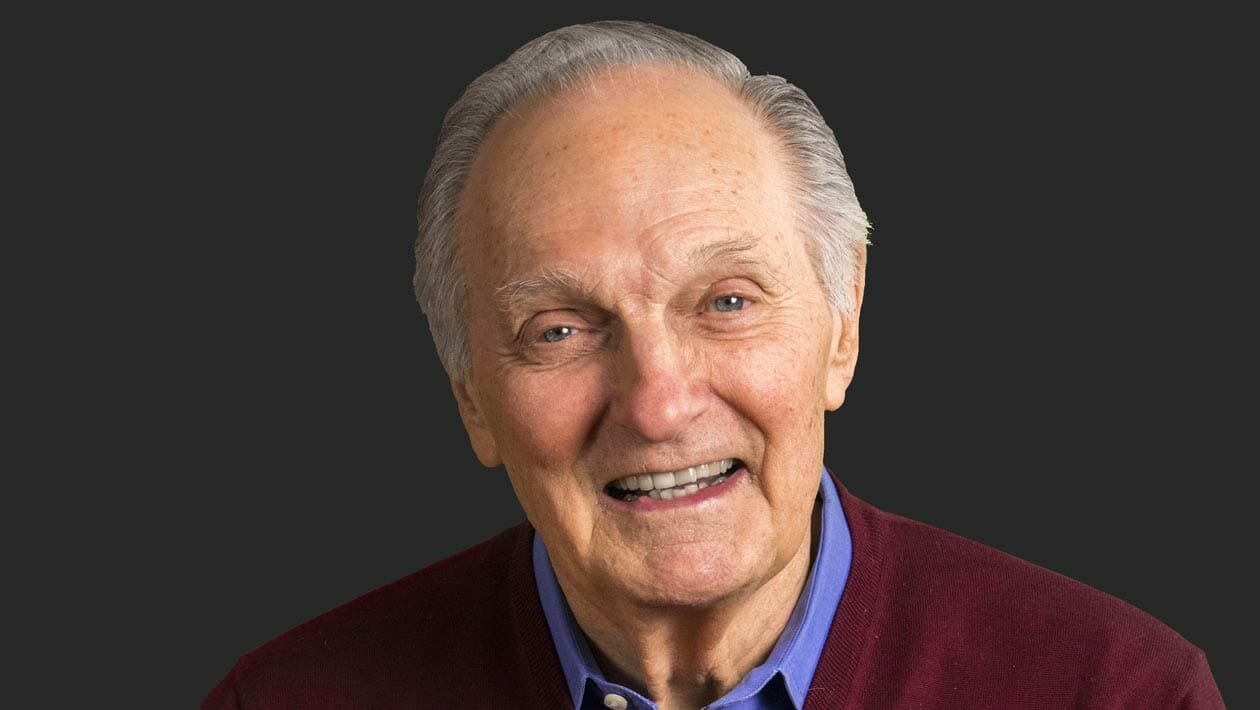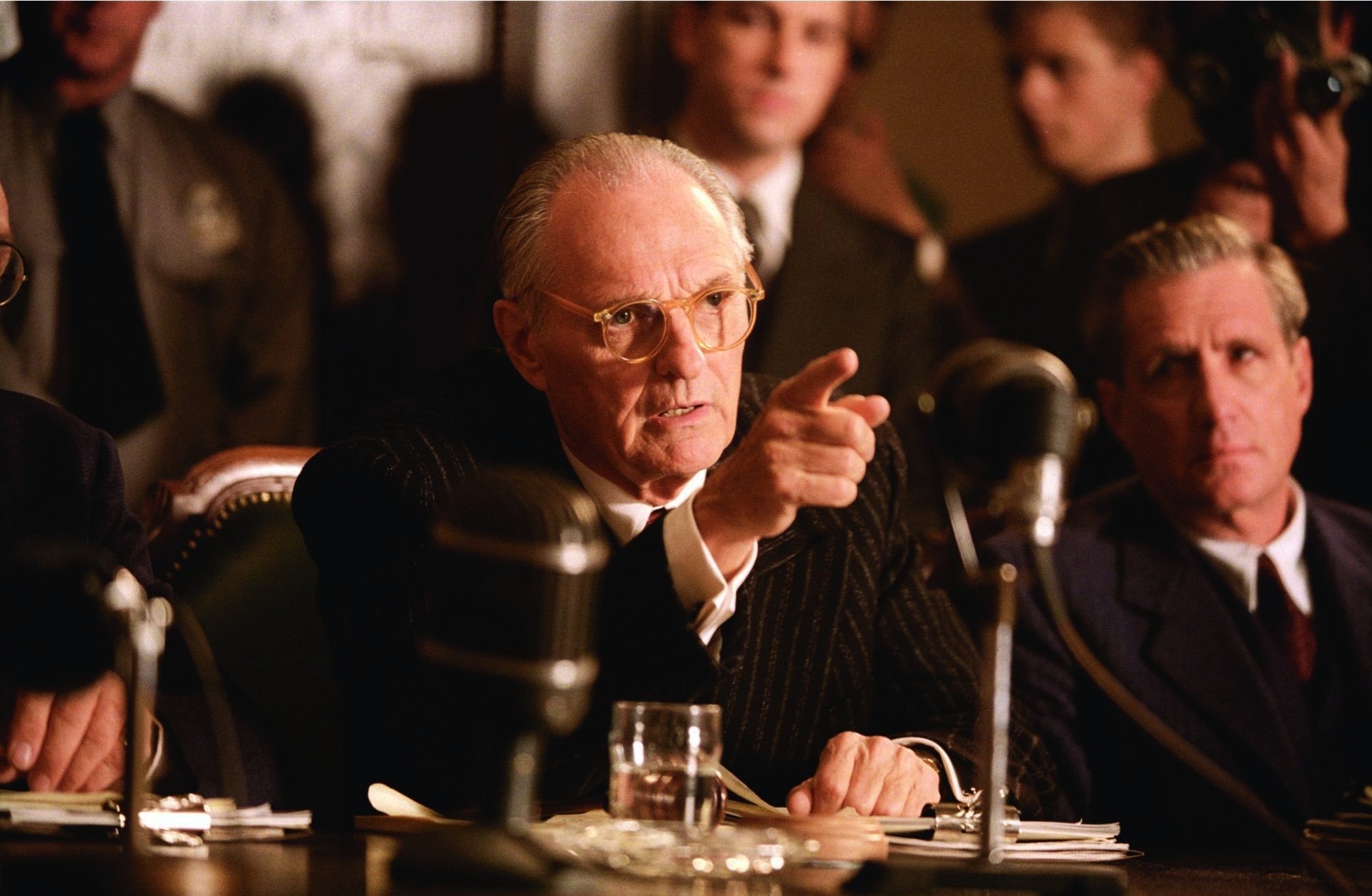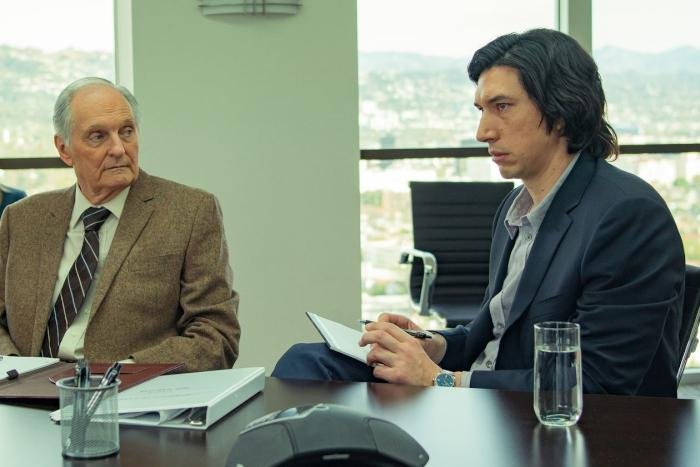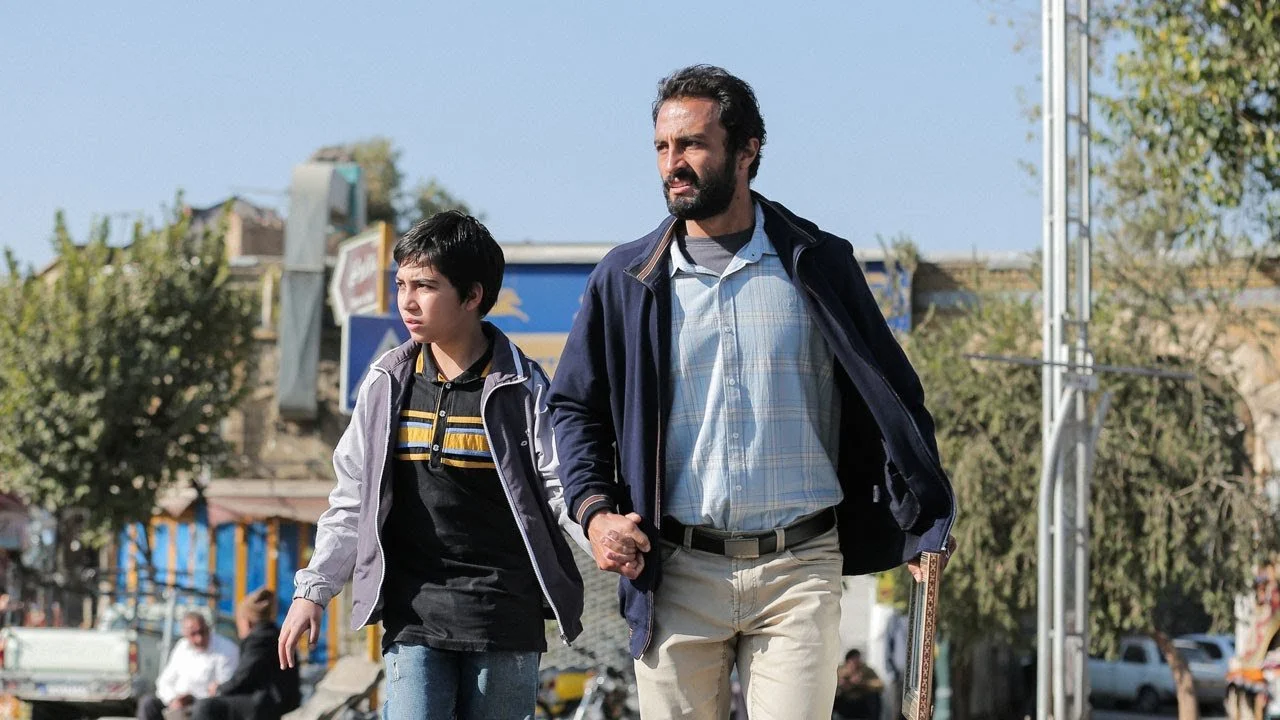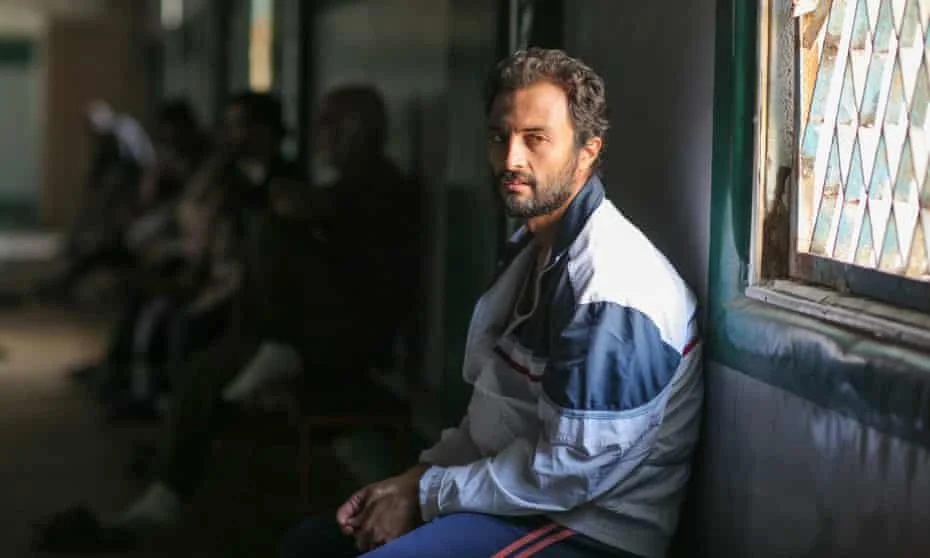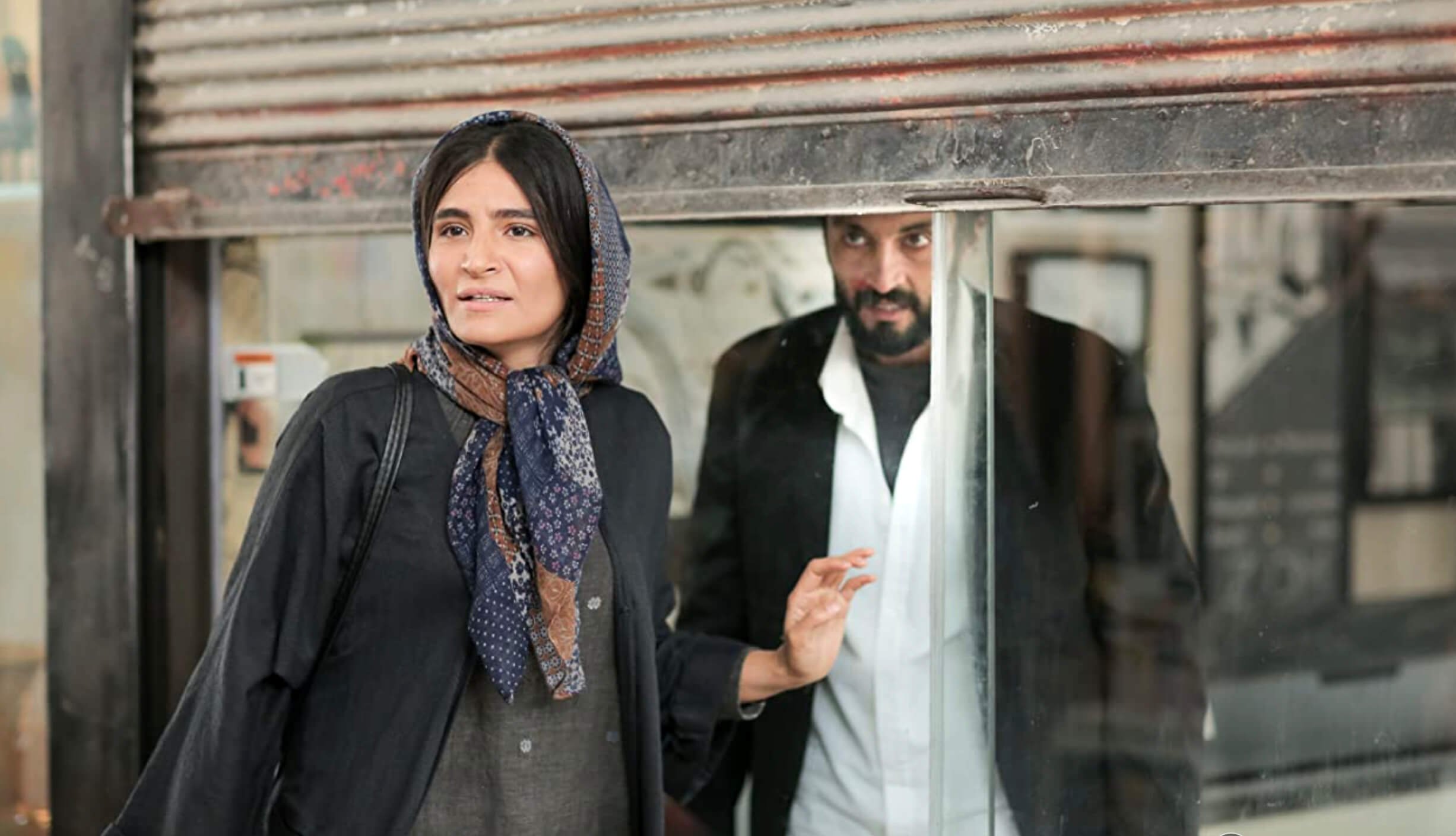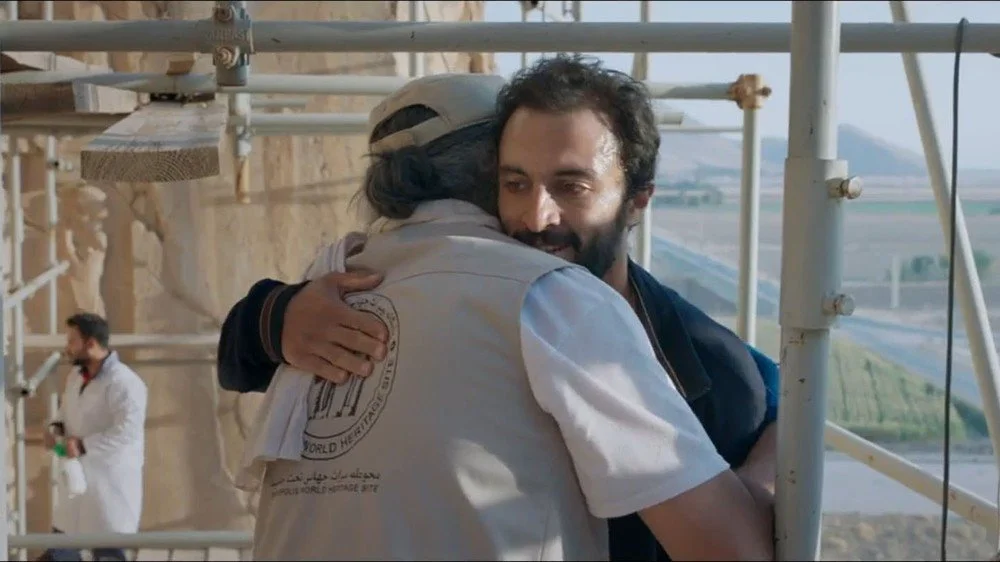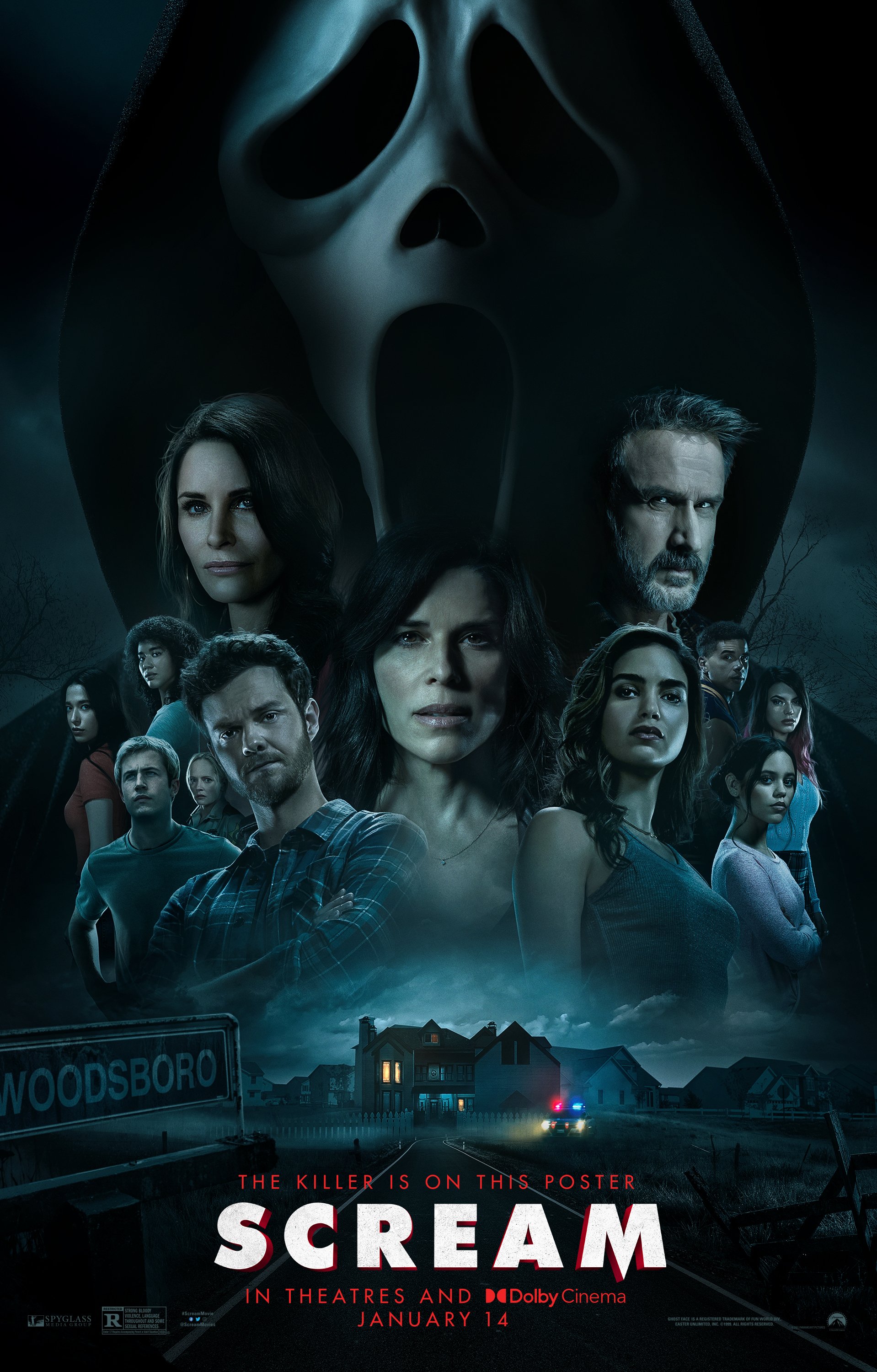Dir: Ti West
Starring: Mia Goth, Brittany Snow, Jenna Ortega, Martin Henderson, Owen Campbell, and Kid Cudi
1h 45m
A group of independent filmmakers set out to rural Texas to make their adult cinematic dreams come true. Full frame stars and strips designed font, presenting the year 1979, welcomes viewers to director Ti West's throwback genre homage titled "X."
The opening moments shot through barn doors and into the bloody aftermath of a murder scene feel tailored for a 1970s Tobe Hooper or Wes Craven production with its grainy film look highlighted with yellow and brown hues. Director Ti West, returning to the genre for the first time in over a decade, takes an old-school slasher movie approach with "X," blending the renegade spirit of the early independent horror filmmakers and the dawn of mass-produced pornography for a satisfyingly violent and humorous romp.
Maxine (Mia Goth) is an exotic dancer at the Bayou Burlesque, a railroad adjacent dive on the wrong side of town, but her ambitions are for stardom on the silver screen. Wayne (Martin Henderson), the proprietor of the strip club, has the perfect script for his muse called "The Farmer's Daughter." Wayne enlists a blond bombshell named Bobby-Lynne (Brittany Snow) and her ex-military boyfriend Jackson (Kid Cudi) to star in the film. RJ (Owen Campbell), the director who insists that it is possible to make "a good dirty movie," and Lorraine (Jenna Ortega), the quiet but observant girlfriend who holds the boom pole for sound, join in the filmmaking fun. The group jumps in Wayne's blue van and heads to an outskirts farmhouse owned by a frail older man named Howard (Stephen Ure) and his wife Pearl (Mia Goth in old-age makeup), who envies the sexual acts and youthful freedom of the filmmakers.
Ti West positions adult pornography movies and slasher horror films in the same avenue of examination regarding the gratuitous nature of writhing bodies in states of pleasure with sex and pain with violence. West pokes fun and plays ingeniously with genre archetypes throughout the film. The pacing of anticipation with horror show techniques, a skinny-dipping scene shot from a birds-eye view with a stalking alligator is tense and elegantly composed. The careful structuring of sex scenarios shot with a 16mm camera rarely looks at the raw act of body parts in motion and instead focuses on the emotion of expressions. Both of these scenes display that West completely understands genre filmmaking and utilizes them for greater gazes beyond gratuitous violence and sex.
Once the film transitions into a slasher movie, with creative kills and a wealth of special makeup effects, the subplot concerning Pearl's envy of Maxine's beauty and the longing for sexual satisfaction meet their culmination underdeveloped. Still, West's journey through these subject matters of aging, lust, and infatuation are interestingly ventured when combined with the genre characteristics of a horror narrative.
Mia Goth, who is excellent in the lead role, plays an unorthodox final girl who uses drugs, proudly owns her sexual freedom, and cares mostly about her singular well-being. Brittany Snow plays her seductive character with confidence, while Kid Cudi, with a 70's mustache, is cool, calm, and collected.
"X" is a throwback midnight movie romp with a late 70s aesthetic that feels like it was shot from the same lens as "The Texas Chainsaw Massacre." Ti West makes horror fans remember the days when genre films could be exploitative, evocative, and entertaining at the same time.
Monte's Rating
4.00 out of 5.00

